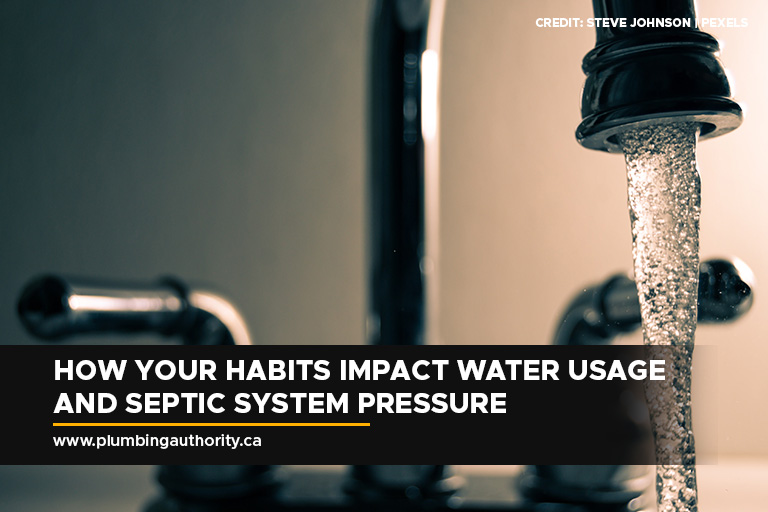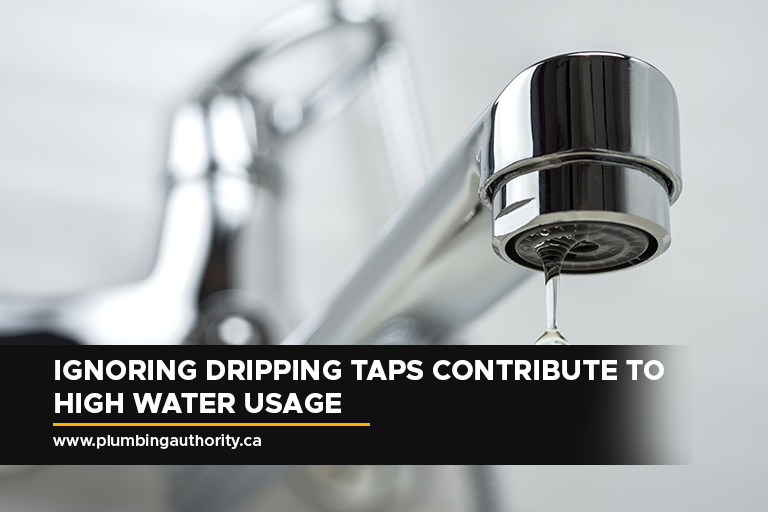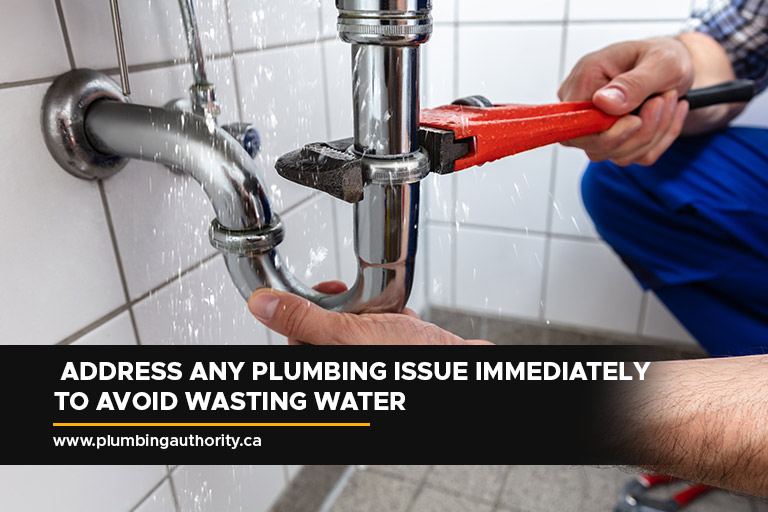
Your habits have a significant impact on various household aspects, including water usage and septic system pressure. Understanding the connection between these is crucial.
In this article, we will explore the link while highlighting the importance of septic tank maintenance, drain service, and plumbing services from reputable plumbing companies.
What’s the Connection Between Water Usage and Septic System Pressure?
When you use excessive amounts of water when you bathe, do the laundry, or run the dishwasher, it directly impacts the septic system’s functionality.
Septic systems are designed to handle a certain volume of water within a specific timeframe. When the water usage exceeds the system’s capacity, it creates a surge of hydraulic pressure, straining the system.
This increased pressure can have detrimental effects on the septic system components. The septic tank, which is responsible for separating solids from liquids, may become overwhelmed with excessive water. This can hinder the natural breakdown of waste, leading to backups and clogs in the drainage pipes. The drain field, where the treated effluent is dispersed into the soil, can also become saturated if the septic system is constantly under high pressure. This can result in poor drainage, foul odours, and even system failure.
The consequences of septic system pressure issues go beyond the inconvenience of drain repair or septic service. It poses risks to the environment and public health. When the system fails to operate efficiently, untreated wastewater can leach into the surrounding soil, potentially contaminating groundwater sources and nearby water bodies. This contamination can pose serious health hazards to humans, animals, and ecosystems.
What Habits Contribute to High Water Usage?

Ignoring dripping taps contribute to high water usage
Several common habits contribute to high water usage, placing additional pressure on septic systems and potentially leading to drain repair, septic repair, or emergency plumbing services. By identifying and altering these habits, we can reduce water consumption and alleviate the strain on septic systems. Here are some common habits that contribute to high water usage:
- Taking lengthy showers
Spending excessive time in the shower not only wastes water but also increases the volume of wastewater entering the septic system. Similarly, leaving taps running while performing tasks, such as brushing teeth or washing dishes, can result in unnecessary water wastage.
- Inefficient use of kitchen appliances
Running the dishwasher or washing machine with partial loads consumes more water than necessary. Excessive laundry loads with small amounts of clothes also contribute to high water consumption.
- Ignoring dripping faucets and leaking pipes
While individual drips may seem insignificant, their cumulative effect can result in substantial water loss. However, many people tend to underestimate the impact of these small leaks and often delay addressing them.
One common misconception is that the amount of water wasted by a dripping faucet or a leaking pipe is negligible and not worth immediate attention. This perception can lead individuals to disregard the issue, assuming it won’t have a noticeable impact on their water bills or the environment. Unfortunately, this mindset fails to consider the long-term consequences of allowing the leaks to persist.
In reality, even a slow drip from a faucet can result in the wastage of several gallons of water per day. Over the course of weeks, months, or even years, this adds up to a substantial amount of water that could put stress on your septic system.
It’s also worth noting that people often become more proactive in addressing plumbing issues when they experience more severe consequences, such as a leaking pipe contributing to flooding. The sudden urgency created by a more significant problem highlights the importance of timely action and serves as a reminder that small leaks can escalate into more significant issues if left unattended.
How Do I Adopt Water-Saving Habits for Better Septic System Management?

Address any plumbing issue immediately to avoid wasting water
Adopting water-saving habits is crucial for managing septic system pressure and preventing issues like drain repair and septic service. By making simple changes to our daily routines, you can significantly reduce water usage and promote the efficient functioning of our septic systems. Here are some practical tips to help you adopt water-saving habits:
- Take shorter showers
Limiting the time spent in the shower can significantly reduce water consumption. Consider using a shower timer or setting a personal goal to keep showers to a reasonable length.
- Upgrade your outdated faucets, showerheads, and toilets
By installing low-flow or water-efficient models, you can conserve water and reduce your environmental impact. These fixtures are designed to minimize water usage while maintaining adequate functionality.
- Repair leaks promptly
Dripping faucets and leaking pipes can waste a significant amount of water over time. If you notice any leaks, take immediate action to repair or replace the faulty components. This simple step can save both water and money.
- Use dishwashers and washing machines with full loads
Running these appliances with full loads maximizes their efficiency and reduces the number of cycles needed. This practice not only conserves water but also helps minimize the strain on your septic system.
- Practice responsible lawn irrigation
Watering your lawn efficiently is crucial for both water conservation and septic system management. Water your lawn during the cooler parts of the day to minimize evaporation, and avoid overwatering by adjusting sprinklers to ensure they only target the desired areas.
- Regular septic tank maintenance
Schedule regular septic tank maintenance, including pumping and inspections, as recommended by professionals. This proactive approach ensures that your septic system operates optimally, minimizing the risk of backups, clogs, and other issues.
By incorporating these water-saving habits into your daily routine and being mindful of your water usage, you can make a positive impact on both the environment and the functionality of your septic system. Conserving water not only reduces the strain on septic systems but also helps protect our valuable water resources for future generations.
How Do I Promote Responsible Water Usage?
Promoting responsible water usage requires education and awareness. Individuals can take proactive steps to promote water conservation and septic system health. Sharing information about water-saving habits and the importance of septic tank maintenance is essential. Local communities and plumbing companies can organize awareness campaigns and workshops while providing resources to encourage responsible water usage. Reputable plumbing services, including drain service and emergency plumbers, can offer guidance and assistance in addressing septic system pressure issues.
By understanding the impact of your habits on water usage and septic system pressure, you can make informed choices to protect the health and longevity of your septic systems.
If you need septic repair services in Tottenham, Ontario, look no further than Plumbing Authority. We are your go-to experts for all your plumbing needs, from routine maintenance to emergency plumbing services. Our skilled team is experienced in handling a wide range of plumbing issues, including septic repair and maintenance. You can rely on us to be there for you whenever the need arises. Our team is available 24/7 to provide you with reliable and timely plumbing assistance whenever you require it. Call us at 647-992-PIPE (7473) for prompt and professional plumbing services.




